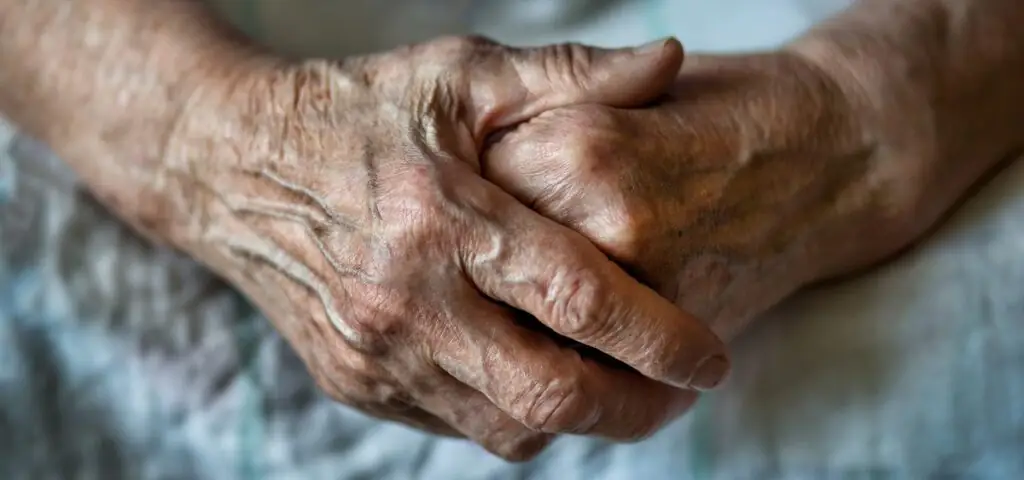When a loved one offers you a financial gift, it’s essential to ensure their consent is both free and informed. If it isn’t, you could face an unpleasant surprise and be required to repay the money. At times, accepting such a gift can even be considered exploitation.

In October 2024, the Human Rights Tribunal of Quebec heard the case of a man who accepted a $70,000 cash gift from his then 87-year-old mother, leaving the elderly woman in a vulnerable financial position. The man, the eldest of four children, was ordered to repay this sum to his mother. According to the Tribunal, the man should have verified his mother’s financial situation: a reasonable person placed in the same circumstances would have concluded that accepting such a generous gift was not appropriate.
Consent or no consent?
In 2021, the court named the public curator of Quebec to act as the elderly woman’s legal guardian. The public curator’s role included looking after the woman and managing her finances and property.
The public curator started legal proceedings against the woman’s eldest son, arguing that the mother’s consent to giving away her money was neither free nor informed. Her son argued the opposite. He claimed that his mother was capable of taking care of herself and her affairs when she made the gift in January 2017. According to him, she had the right to manage her property as she wished.
The eldest son was not the only child to receive a gift: the woman had also given her youngest child $70,000 to pay off his debts.
Before these gifts, the mother’s bank statements showed a balance of over $158,000. After the donations, her balance dropped to under $18,000.
Determining that someone is vulnerable
Being a senior does not automatically mean that a person is dependent or vulnerable. Under the Quebec Charter of Human Rights and Freedoms and based on past legal decisions, dependency and vulnerability must be present for there to be exploitation.
For there to be exploitation, a person or a group must take advantage of someone else, while being in a position of power. They must act in a way that goes against the interests of the more vulnerable person.
The Human Rights Tribunal identified several elements that indicate that the 87-year-old woman was vulnerable, like her age, her low level of education, and the fact that she was a widow and that she lived alone. The judge also took note of her lack of hobbies and leisure activities, the fact that she had never driven, and her dependence on her sons for errands. After considering these factors, the Tribunal concluded that the woman was clearly vulnerable.
Based on her doctor’s diagnosis and testimony, the Tribunal also found that the woman’s cognitive abilities – that is, her mental skills – were already in significant decline when she signed the cheque to her son.
The woman’s vulnerability, combined with her heavy reliance on her sons, placed them in a position of power.
Lastly, the two $70,000 gifts deprived her of a significant portion of her estate and nearly all her liquid assets.
Acting with prudence and diligence
The Tribunal concluded that by accepting the sum of $70,000 under these circumstances, the eldest son exploited his position of power and his mother’s vulnerability. His actions are considered exploitation under Quebec’s Charter of Human Rights and Freedoms. The son failed in his duty to act with prudence and diligence. In other words, he didn’t act carefully or responsibly.
As a result, he was ordered to repay the $70,000, along with legal fees and expert costs.
What about the other son?
It’s natural to wonder whether the youngest child also exploited his mother, since he received $70,000 from her as well. His gift was mentioned during his older brother’s case before the Human Rights Tribunal. It was also revealed that he may have withdrawn additional funds from his mother’s bank account.
The public curator’s lawyer declined to comment, citing confidentiality under the Public Curator Act. However, it was confirmed that separate legal proceedings had been filed against the younger son in Superior Court. The allegations in that case aren’t based on the violation of rights found in the Quebec Charter. Details about the nature or status of those proceedings were not disclosed by the public curator.





